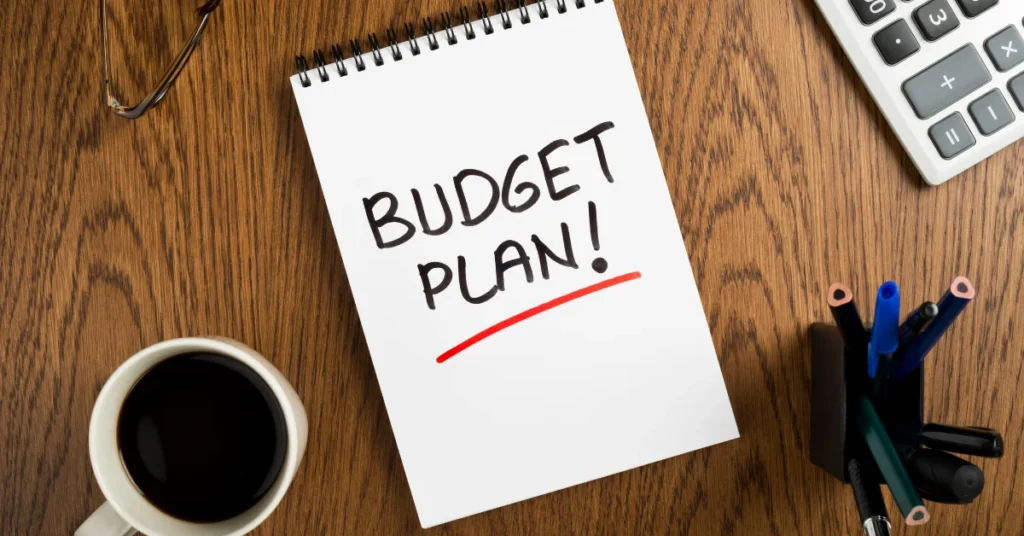Smart Budget-Friendly Shopping Tips for Groceries, Clothes, and More
In today’s economic climate, mastering the art of budget-friendly shopping is essential. Whether you’re shopping for groceries, clothes, or other necessities, having a clear plan can help you make the most of your money.

Create a Comprehensive Budget List
The foundation of budget-friendly shopping is a well-structured budget list. Start by listing all your monthly expenses, including groceries, clothing, utilities, and other essentials. A budget worksheet can be incredibly useful in this process, allowing you to track your spending and adjust as necessary.
Plan Your Grocery Shopping
Grocery shopping is one area where many people struggle to stick to their budgets. Here are some tips to help you save money:
1. Make a Weekly Meal Plan:
Planning your meals in advance can help you avoid impulse buys and ensure that you only purchase what you need.
2. Shop with a List:
Always go grocery shopping with a list. This helps you stay focused and reduces the temptation to buy unnecessary items.
3. Buy in Bulk:
For non-perishable items, buying in bulk can save you money in the long run.
4. Look for Sales and Coupons:
Take advantage of best deals online and use coupons whenever possible. Many stores offer digital coupons that you can download directly to your phone.
Smart Clothing Purchases
Clothing can be a significant expense, but there are ways to keep costs down:
1. Shop Off-Season:
Buy winter clothes in the summer and summer clothes in the winter. Stores often discount off-season items to make room for new inventory.
2. Use Thrift Stores and Consignment Shops:
These stores often have high-quality clothes at a fraction of the cost.
3. Take Care of Your Clothes:
Proper care can extend the life of your clothes, reducing the need to buy new ones frequently.
4. Set a Monthly Clothing Budget:
Decide how much you can afford to spend on clothes each month and stick to it. This prevents overspending and helps you prioritize your purchases.
Monthly Budget Tracking
Tracking your spending per month is crucial for maintaining a budget-friendly lifestyle. Here are some strategies to help you stay on track:
1. Use a Budget Worksheet:
A budget worksheet can help you keep track of your expenses and ensure you’re staying within your limits. There are many free templates available online that you can customize to fit your needs.
2. Review Your Expenses Regularly:
At the end of each month, review your spending to see where you can improve. Adjust your budget list as needed to accommodate changes in your financial situation.
3. Set Financial Goals:
Having clear financial goals can motivate you to stick to your budget. Whether it’s saving for a vacation, paying off debt, or building an emergency fund, having a goal in mind can help you stay focused.
General Shopping Tips
Regardless of what you’re shopping for, these general tips can help you save money:
Give Away
By implementing these budget-friendly shopping tips, you can make the most of your money and avoid financial stress. Remember, the key is to plan ahead, track your spending, and make informed decisions.






